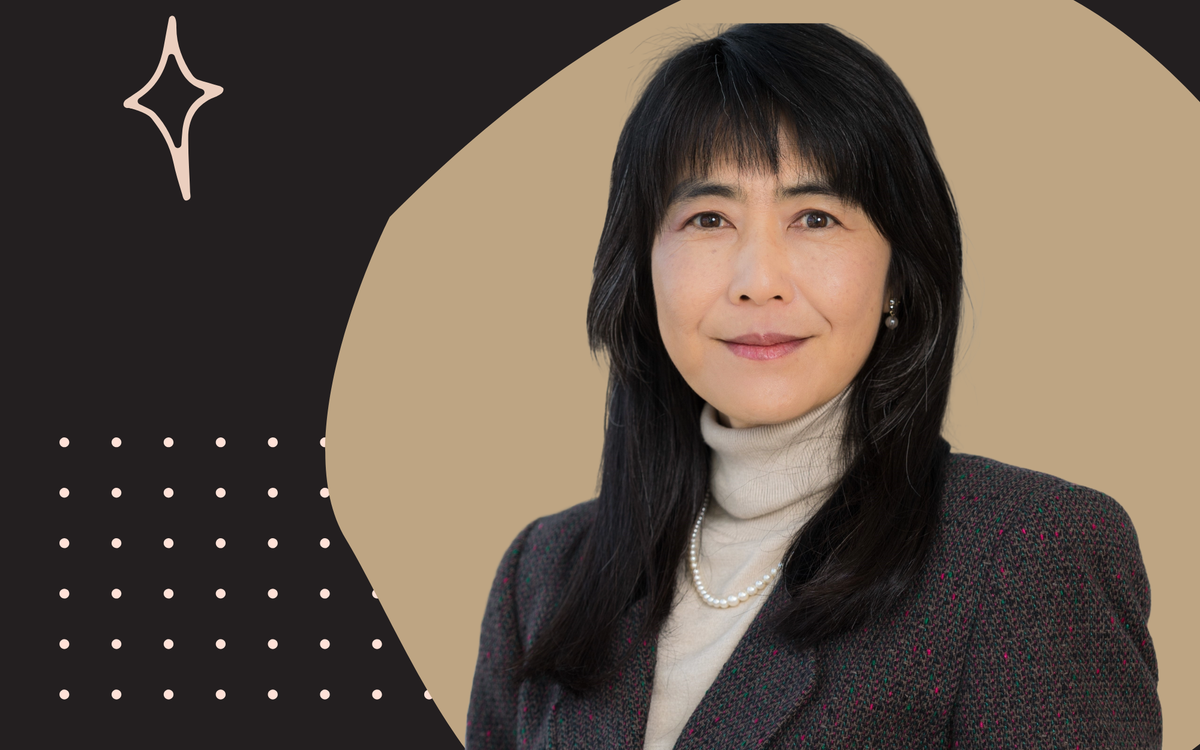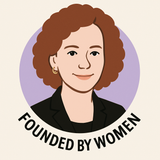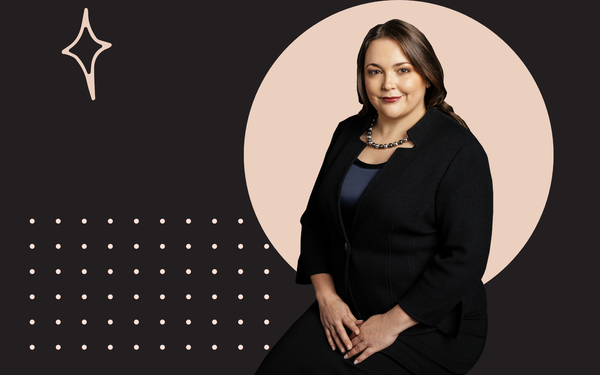Connecting Minds: How Hiroko Dodge is Tackling Dementia Through Social Engagement

In a world where aging often brings increased isolation, Dr. Hiroko Dodge has turned conversation into a powerful tool for cognitive health. As the founder of the I-CONNECT Foundation, she has dedicated over 15 years to exploring how regular, meaningful social interactions can protect against cognitive decline and improve emotional well-being in older adults. What began as a groundbreaking NIH-funded study—demonstrating that video-based conversations can boost brain function—has since evolved into a nonprofit organization committed to bringing these benefits to communities across the globe. In this Q&A, Dr. Dodge shares the inspiration behind her work, the challenges of scaling tech-based connection programs, and how simple human interaction may hold a key to preventing dementia.
What inspired you to create the I-CONNECT Foundation, and how has your vision evolved over the years?
Social isolation is a risk factor of dementia. Over the past 15 years, my team and I conducted a series of National Institute of Health (NIH)-funded randomized controlled behavioral intervention trials. I conducted these trials, thinking that social isolation has a detrimental effect on cognition, partly due to the lack of cognitive stimulation derived from social interactions. That is, frequent conversational interactions – a core component of human interactions – could enhance neural plasticity and maintain cognitive functions. The Internet-based conversational engagement randomized controlled clinical trial (I-CONECT), which was completed about 3 years ago, provided evidence that stimulating frequent social interactions via videochats can improve cognition and emotional well-being among socially isolated older adults. The study findings can be found here: (https://www.i-conect.org/ ). When we completed the trial, many participants expressed a desire to continue the conversational engagement. In response, we established a nonprofit organization in 2020 called the I-CONNECT Foundation. (Note: The study is spelled I-CONECT, while the foundation uses I-CONNECT to distinguish between the two.)
What have been the biggest challenges in scaling a tech-based social connection program for older adults, and how have you overcome them?
The biggest challenge has been securing sustainable funding to provide this free service to the community. Initially, we relied entirely on volunteers, who were certified as conversational specialists to engage with participants. However, scaling this volunteer-based approach proved difficult. We have since established internship collaborations with several universities, allowing master’s-level students to be trained and serve as conversational partners. This model benefits both the older participants and the students, offering meaningful opportunities for mutual learning and connection. We are currently outreaching to universities and hope to expand this approach by collaborating with more institutions in the future.
How do you measure the long-term impact of these weekly conversations on participants’ mental and emotional health?
Our NIH-funded study has already provided strong evidence that I-CONECT project’s conversational materials and approaches can enhance emotional and cognitive health. As we continue to scale up the I-CONNECT Foundation, we aim to reach more individuals and further promote these benefits. Social isolation is estimated to contribute to at least 5% of dementia cases. By offering meaningful social interactions to older adults remotely, we hope to help reduce the global burden of dementia.
Are you a woman leader with an inspiring journey to tell? Founded by Women is on a mission to elevate and amplify the voices of women making an impact.
If you're breaking barriers, driving change, or paving the way for others, we’d love to feature your story. Get in touch with us today!
👉 Contact Us


